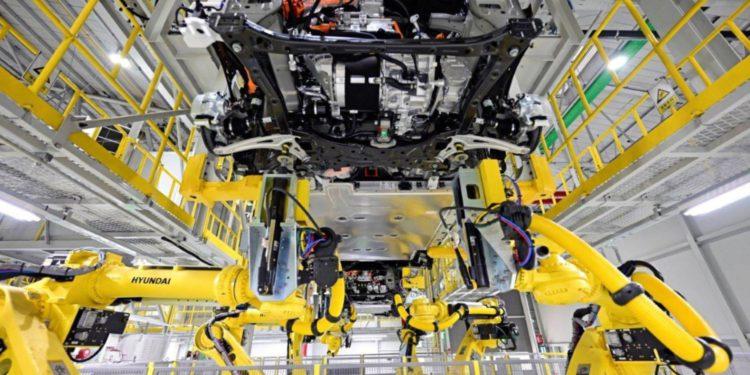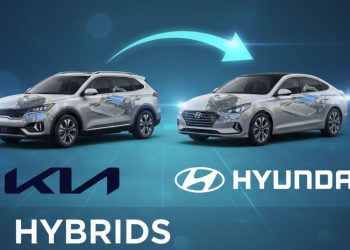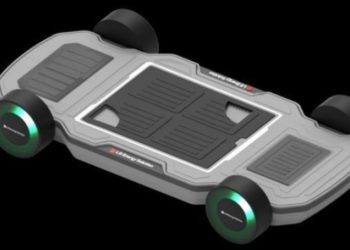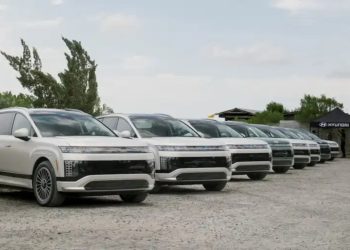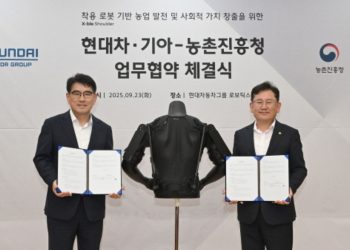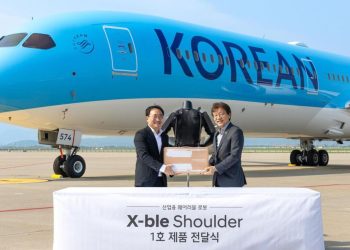Kia Corporation has officially opened the Kia Gwangmyeong EVO Plant, which is Hyundai Motor Group’s inaugural facility dedicated solely to electric vehicle (EV) manufacturing. Situated at Kia Autoland Gwangmyeong in South Korea, the plant has an annual production capacity of 150,000 units.
The term “EVO,” derived from “evolution,” aims to lead in the future of mobility. The company began production with the Kia EV3 in the first half of this year, and the EV4 is set to launch in early 2025.
During the inauguration ceremony, Choi Joon-young, CEO of Kia, remarked, “The completion of the Kia Gwangmyeong EVO Plant signifies Kia’s initial stride toward becoming a leading electric vehicle brand.”
He emphasized that the EV3 and EV4 models will play a pivotal role in promoting electric vehicles, adding, “We will demonstrate a new era of electric vehicles at the Gwangmyeong EVO Plant.” The EV3 has already commenced production, while the manufacturing of the EV4 electric sedan is scheduled for the first half of 2025. This will make it Kia’s third and fourth pure EV offerings, following the EV6 and EV9.
Jun Young Choi, Executive Vice President and Head of the Domestic Production Division at Kia, highlighted the plant during his speech, stating that it strengthens Kia’s ambition to lead in the EV sector after its brand relaunch in 2021.
Seung Won Park, Mayor of Gwangmyeong City, also noted that the new facility will establish Gwangmyeong as a central hub for the EV industry in Korea.
The Kia Gwangmyeong EVO Plant represents an investment of 401.6 billion Korean Won over an area of approximately 60,000 square meters. The facility has completely transformed from the original Gwangmyeong Plant 2, which was established in 1987 for small internal combustion engine vehicles. This dedicated EV manufacturing plant is designed to serve as a production base for Kia’s future electric vehicle lineup.
Additionally, the plant is built under the theme of “pursuing maximum change through minimal expansion.” It incorporates eco-friendly and worker-friendly processes, focusing on sustainability while preserving urban green spaces.
Advanced technologies, such as automated guided vehicles (AGVs) for logistics and a water-based painting method, have been implemented to enhance operational efficiency and reduce environmental impact. Furthermore, the plant features equipment that automates the installation of high-voltage batteries, wheels, and tires.
Kia recently announced a partnership with Hyundai to develop lithium iron phosphate (LFP) batteries, aiming to reduce the costs of its electric vehicles (EVs). The Gwangmyeong EVO Plant will play a crucial role in this initiative, as it is designed specifically for full electrification and is equipped with advanced technology to optimize production efficiency.
Also Read:
- KT and Microsoft Partner for AI and Cloud Innovation in Saouth Korea
- LG Display Exits Large LCD Production with $1.5 Billion Guangzhou Plant Sale
- South Korea Launches “Top-Tier” Visa Program to Attract High-Tech Talent
- Hyundai, Kia, and Samsung Partner to Drive Software-Defined Vehicle Innovation
- Gov’t Launches Emergency Inspection of Kakao After Repeated Service Outages

